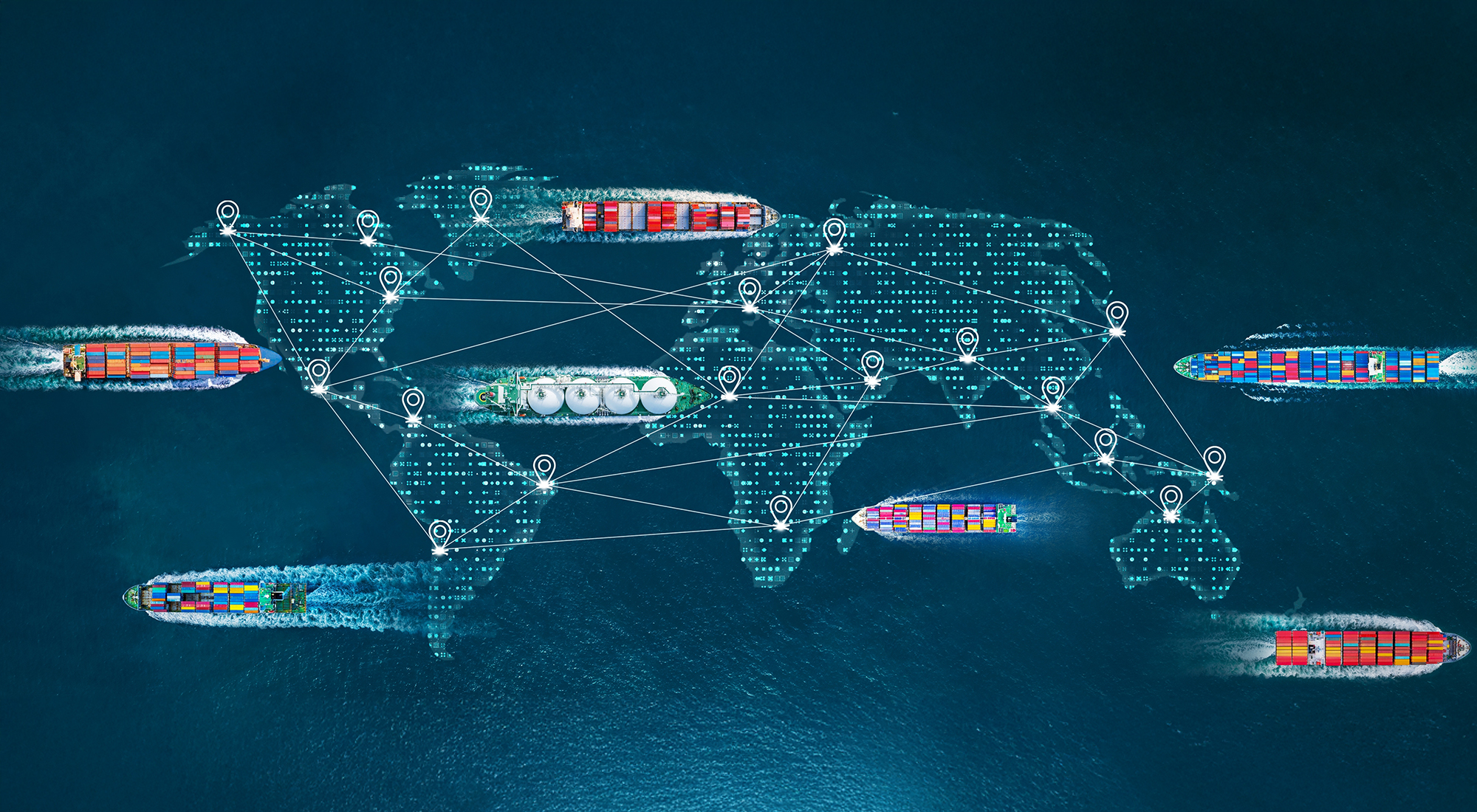Global supply chains continue to face unprecedented challenges due to post-pandemic disruptions, geopolitical tensions, and fluctuating consumer demand. Businesses worldwide are rethinking their logistics strategies to enhance resilience, reduce costs, and maintain timely delivery of goods.
Companies are adopting advanced analytics, automation, and AI-driven forecasting tools to anticipate disruptions and respond proactively. The shift from reactive to predictive supply chain management is helping organizations remain competitive in a volatile global market.
Technological Advancements Driving Efficiency
Automation in warehouses, robotics for inventory management, and AI-powered demand forecasting are transforming traditional supply chain operations. These technologies help reduce human error, improve accuracy, and optimize resource allocation.
Blockchain is also being integrated to increase transparency and traceability, enabling businesses to track products from production to delivery. This fosters trust among stakeholders, reduces fraud, and enhances regulatory compliance.
Sustainability as a Competitive Advantage
Environmental responsibility is becoming central to supply chain strategy. Companies are reducing carbon footprints through eco-friendly packaging, electric transport fleets, and green logistics practices. Consumers are increasingly favoring brands that prioritize sustainability, making eco-conscious supply chains not just a moral choice but a competitive advantage.
Sustainable sourcing and circular economy practices, including recycling and reuse of materials, are helping businesses reduce waste and optimize resources, creating long-term economic and environmental benefits.
Global Collaboration and Risk Management
International collaboration is crucial to mitigating supply chain risks. Businesses are forming partnerships with regional suppliers, diversifying sourcing strategies, and developing contingency plans to manage geopolitical and economic uncertainties.
Risk management is now data-driven, with real-time monitoring of shipping routes, inventory levels, and market conditions. Companies are investing in scenario planning to anticipate potential disruptions and maintain operational continuity.
Future Outlook
Experts predict that supply chains will continue to evolve with technology, sustainability, and collaboration at the forefront. Companies that embrace digital transformation, ethical practices, and flexible operations are likely to gain a significant competitive edge.
Emerging markets are expected to play a pivotal role in global supply chains, providing cost advantages, innovative solutions, and access to growing consumer bases. Businesses that leverage these opportunities while managing risks effectively will thrive in the new global economy.
FAQs
What are the main challenges in global supply chains today?
Post-pandemic disruptions, geopolitical tensions, fluctuating demand, and environmental pressures are major challenges.
How are companies using technology to improve supply chains?
Automation, robotics, AI forecasting, and blockchain are helping enhance efficiency, transparency, and accuracy.
Why is sustainability important in supply chains?
Eco-friendly practices reduce environmental impact, appeal to conscious consumers, and create long-term economic advantages.
How do businesses manage global risks?
Through regional diversification, partnerships, data-driven monitoring, contingency planning, and scenario analysis.
What does the future hold for supply chains?
Digitally transformed, sustainable, and collaborative supply chains are expected to dominate, offering resilience and competitive advantage in the global economy.
Conclusion
Global supply chains are undergoing a profound transformation, driven by technological innovation, sustainability demands, and economic pressures. Businesses that adapt proactively are better equipped to navigate uncertainties and maintain operational efficiency.
By integrating advanced technologies, ethical practices, and collaborative strategies, companies can not only survive disruptions but also thrive in the evolving global marketplace. The future of supply chain management lies in resilience, adaptability, and innovation.









